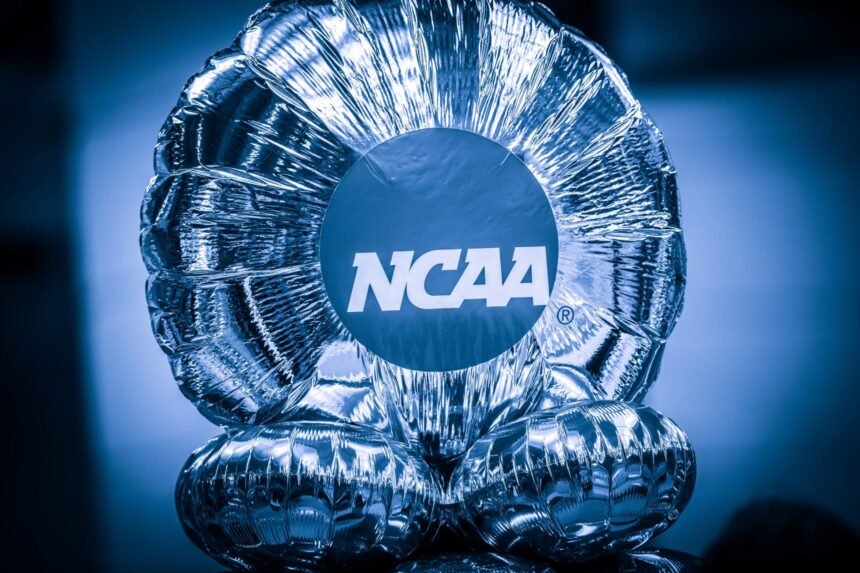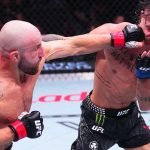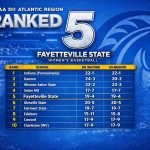Attorneys for the plaintiffs in the House settlement put the NCAA and power conferences on blast on Friday, accusing them of violating the terms of the settlement agreement and threatening legal action.
On Thursday, July 10, the College Sports Commission (CSC), which is the NCAA’s new revenue-sharing arm that polices NIL deals, issued a memo to Division I athletic directors offering further guidance on NIL deals and notifying them that it was denying dozens of deals for not meeting the requirements of a “valid business purpose,” according to Yahoo Sports’ Ross Dellenger.
The guidance specifically targeted NIL collectives, providing some examples of submitted deals that don’t meet a valid business purpose.
The memo offers examples of submitted deals that do not meet the “valid business purpose” definition, most notably traditional collective deals that are designed to specifically compensate athletes “rather than providing goods or services to the general public for profit.” https://t.co/Nfv0L6CITy pic.twitter.com/JXbjOgG7QZ
— Ross Dellenger (@RossDellenger) July 10, 2025
Dellenger added that the CSC said collectives can still provide compensation to athletes “as long as the events meet the definition of a valid business purpose.”
On Friday, House attorneys Jeffrey Kessler and Steve Berman responded by sending a two-page letter to the NCAA and power conferences, requesting that they retract the CSC’s statement and claiming that collectives should not be treated differently from other businesses.
According to Dellenger, Kessler described the guidance as “not consistent” and “undermining” settlement terms in the letter.
“There is nothing in the Settlement Agreement to permit (NCAA and conference) or the CSC, acting on their behalf, to decide that it would not be a valid business purpose for a school’s collective to engage in for-profit promotions of goods or services using paid-for student-athlete NIL,” the letter reads, according to Dellenger. “To the extent the NIL payment is for the promotion of a valid business purpose, it is irrelevant whether that payment comes from a NIL collective or any other third party.”
“We urge the CSC to retract the July CSC Memorandum and clarify that the valid business purpose requirement applies to NIL collectives in the same manner as any other entity.”
Kessler and Berman plan to bring the issue before Federal Magistrate Judge Nathanael Cousins, who has been appointed to handle settlement disputes.
The CSC, however, believes the guidance was in line with the settlement terms.
“The guidance issued by the College Sports Commission yesterday is entirely consistent with the House settlement and the rules that have been agreed upon with class counsel,” a CSC spokesperson told Dellenger. “The defendants have been in close coordination with class counsel on the key provisions in the memo and will continue to work with them to resolve any concerns they may have.”











